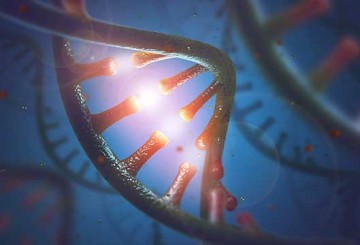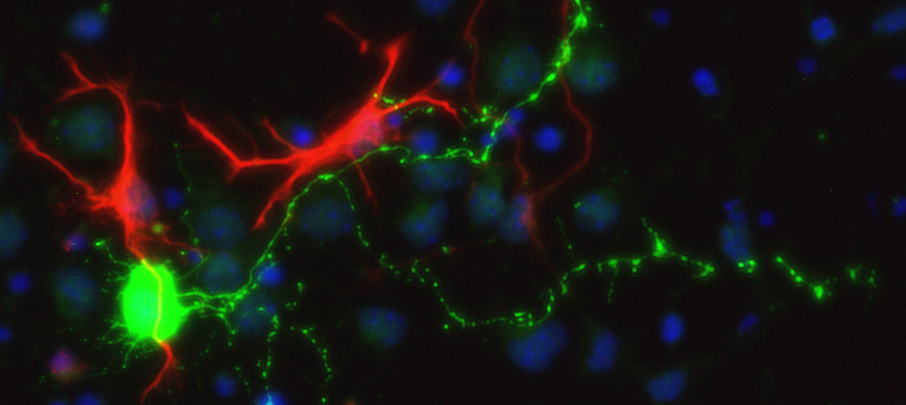Tag: Neurology and Neuroscience
-

Sugar Pills Relieve Pain for Chronic Pain Patients
Scientists have shown they can predict which chronic pain patients will respond to a placebo pill based on brain anatomy and psychological characteristics.
-

How Non-Coding RNA Regulates Genes in the Developing Brain
Northwestern Medicine scientists have identified how a type of RNA regulates genes over an unprecedented distance, during a critical process of embryonic brain development that affects adult seizure susceptibility.
-

ALS Problem Solver
Robert Kalb is moving Northwestern’s Les Turner ALS Center forward. Read the story in Northwestern Medicine magazine.
-

Mapping Dopamine Neuron Projections
In a study published in Nature Neuroscience, Northwestern Medicine scientists demonstrated that subtypes of dopamine neurons have distinct projection patterns.
-

Stimulation Excites the Brain to Form Better Memories
For the first time, scientists were able to specifically change the way the brain’s memory centers form new memories, according to a new Northwestern Medicine study.
-

$11.5 Million NCI Award to Accelerate Brain Tumor Research
The Robert H. Lurie Comprehensive Cancer Center has been awarded a new, five-year $11.5 million grant from the National Cancer Institute to advance translational brain cancer research.
-

Basic Science: The Foundation for an ALS Cure
Basic Science conducted by investigators at Northwestern’s Les Turner ALS Center is building a foundation for future ALS care.
-

New Technique Helps Uncover Changes in ALS Neurons
Northwestern Medicine scientists used an innovative technique to measure electrical activity in ALS neurons, finding changes in excitability that indicated disease, according to a study published in Stem Cell Reports.
-

New Insights Into Nicotine’s Effect on Reward Pathways
A Northwestern Medicine study has expanded the understanding of nicotine’s influences on the brain’s reward pathway, with implications for the development of anti-addiction therapies.
-

Investigating Family Genetics of Severe Epilepsy
A team of scientists has discovered that in children with epilepsy thought to be caused by a spontaneous mutation, about 10 percent of parents in fact carry the same variant in a small proportion of their own cells.






